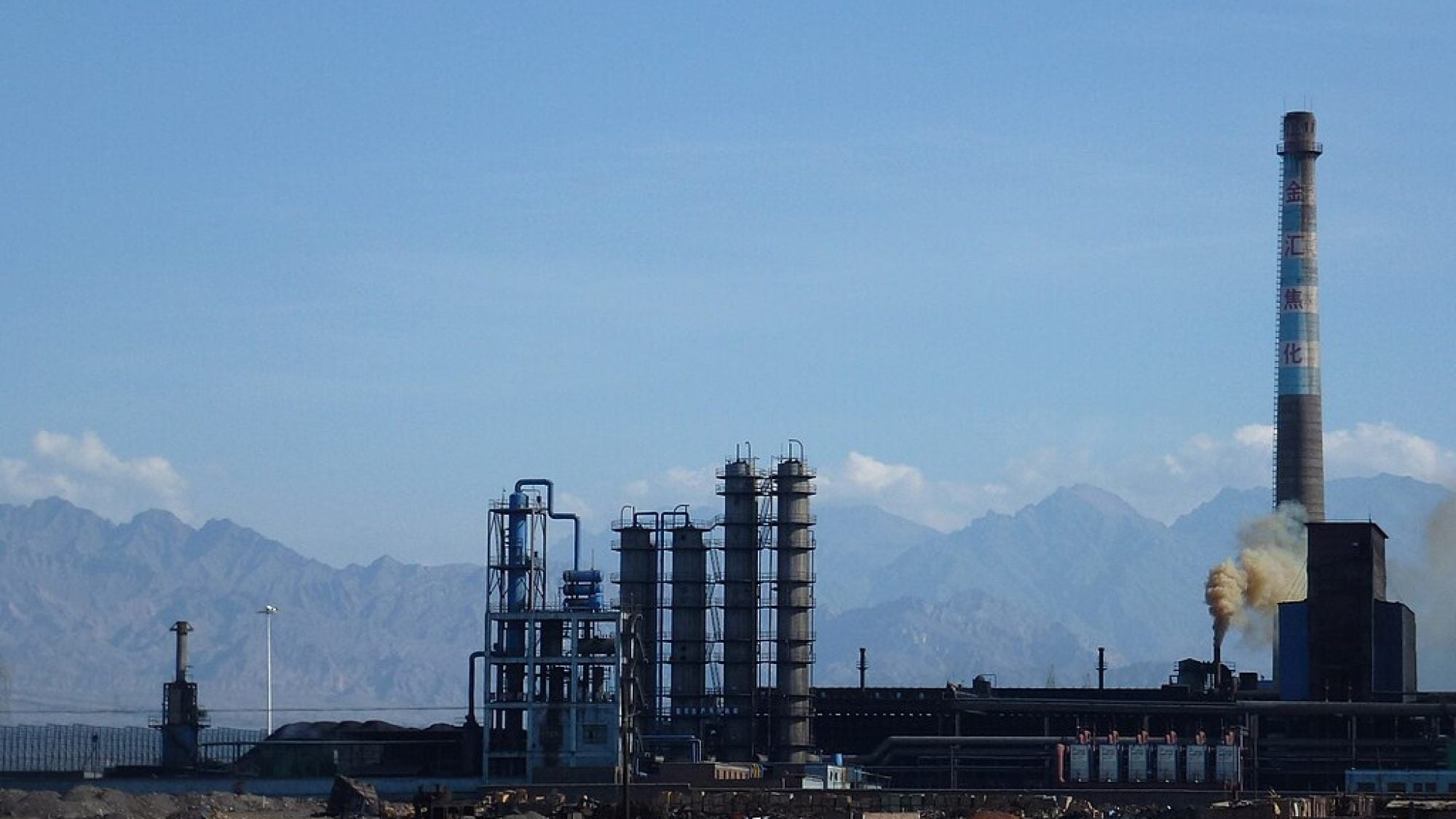China’s coal industry has been central to its economic success ever since 1949. It has been the predominant supplier of energy to the economy and, especially since the 1980s, rural coal mines have made major contributions to local welfare and incomes in areas with few other opportunities. At the same time, the industry has (not uniquely to China) been the focus of major social problems that are difficult for the state to address. After briefly outlining the role of coal in China’s economy, this article will analyse three of the most important of those social problems – corruption, work safety, and environmental damage – in each case examining the determinants of the problem and the efforts made by the state to overcome it. (purchase article…)
Tim Wright is Emeritus Professor of Chinese Studies at the University of Sheffield, and author of The Political Economy of the Chinese Coal Industry: Black Gold and Blood-Stained Coal (London: Routledge, 2012). He is currently editor-in-chief of the Oxford Bibliographies in Chinese Studies.
Image Credit: Ismoon (talk) 10:58, 9 February 2013 (UTC), CC BY-SA 4.0 <https://creativecommons.org/licenses/by-sa/4.0>, via Wikimedia Commons
This is an archived article. While every effort is made to conserve hyperlinks and information, GJIA’s archived content sources online content between 2011 – 2019 which may no longer be accessible or correct.

